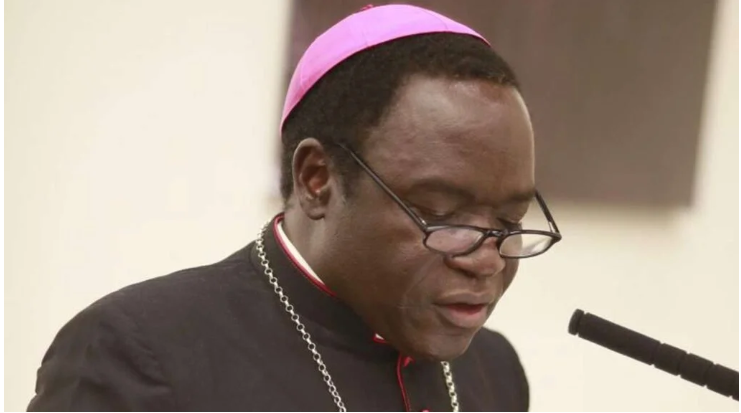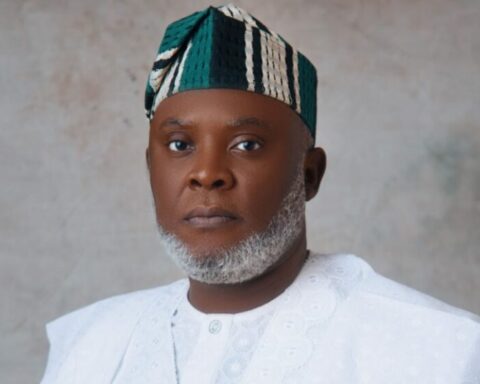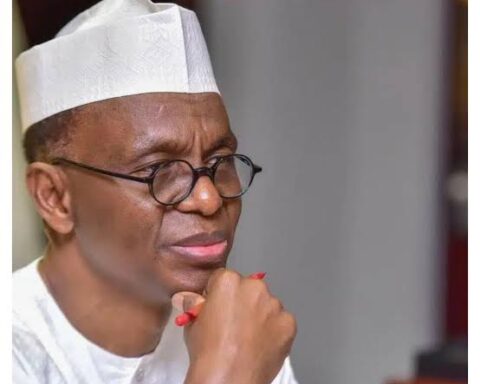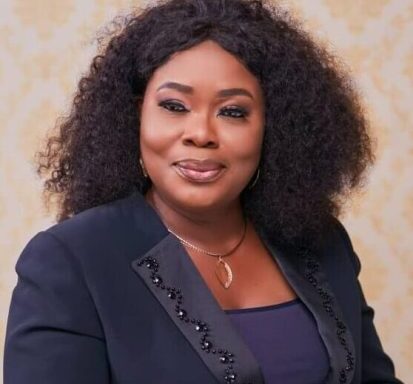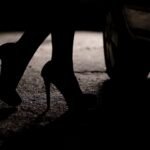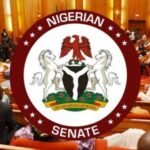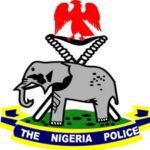Rev. Fr. Cosmas Ajawara
When Bishop Matthew Hassan Kukah, the Catholic Bishop of Sokoto Diocese, delivered his address at the Launch of the Aid to the Church in Need (ACIN) 2025 World Report on Religious Freedom in Vatican City on October 21, many expected him to speak once again with his familiar prophetic candor about the persecution of Christians in Nigeria. Instead, his plea — urging the United States not to redesignate Nigeria as a Country of Particular Concern (CPC) — took many Catholics, other Christians, and observers by surprise.
While Bishop Kukah’s intellectual depth and moral record are not in question, his argument in this speech reveals a troubling inconsistency between his past statements and the current realities of religious persecution in Nigeria.
What It Means to Be a “Country of Particular Concern”
Under the U.S. International Religious Freedom Act of 1998, a Country of Particular Concern (CPC) is a nation that “engages in or tolerates systematic, ongoing, and egregious violations of religious freedom.”
This includes:
The killing, torture, or imprisonment of people for their faith;
The destruction of places of worship;
Discrimination in public life, employment, or education on religious grounds; and
Government failure to prevent or punish such violations.
The designation is not meant as punishment. Rather, it serves as an international moral instrument to pressure governments to correct abuses, uphold religious liberty, and protect minority groups from persecution.
Bishop Kukah’s Case Against the CPC Designation
In his Vatican address, Bishop Kukah acknowledged the “floods of blood” in Nigeria and admitted that Christians are being targeted and killed by jihadist groups. He cited the destruction of churches, kidnapping of priests, and mass killings in the north as realities that have persisted for over some decades. Yet, despite painting this grim picture, the bishop concluded:
“It is my view that re-designating Nigeria a Country of Concern will hurt the initiatives we are working on with the current government… It will only make our work in the area of dialogue among religious leaders in our country even harder.”
This reasoning, though diplomatically cautious, is deeply problematic — both morally and pastorally.
Contradictions in the Bishop’s Argument
1. Acknowledging Persecution While Opposing Accountability
In paragraph 3 of his speech, Bishop Kukah clearly admits that “there was no other way of speaking of persecution of Christians by these jihadist groups rather than calling them religious persecution targeted at Christians.”
Yet he later argues that the country should not be designated a CPC because it might “hurt ongoing dialogue” with the government.
This is a glaring contradiction. If Christians are being killed, priests kidnapped, and churches destroyed with little state intervention, then Nigeria meets — and perhaps exceeds — the CPC criteria. To oppose international accountability on the grounds of “dialogue” risks trivializing the suffering of victims.
2. Confusing Interpersonal Harmony with Institutional Justice
Bishop Kukah refers warmly to his cordial relationships with Muslim leaders, recounting that the Sultan of Sokoto offered hospitality during his episcopal ordination and personally supported Catholic projects. These anecdotes indeed show that interreligious friendship exists.
However, such personal goodwill does not negate systemic injustice. The coexistence of private friendships and public persecution is not paradoxical; it is precisely how religious freedom violations persist — cloaked under elite civility while rural believers bear the brunt of violence and discrimination.
The fact that Bishop Kukah “travels freely in his episcopal regalia” does not cancel the reality that hundreds of priests and thousands of parishioners in northern and middle-belt Nigeria live under constant threat.
3. Inconsistency Between His 2020 and 2021 Positions
The bishop himself admitted that in 2020 he supported the U.S. designation of Nigeria as a CPC, describing the Buhari administration’s policies as giving “oxygen to jihadists by virtue of its overt favoritism toward northern Muslims.”
He now argues that such a designation would “hurt the dialogue” under the new administration.
This shift appears less theological and more political. Persecution should not be measured by who occupies Aso Rock. Religious freedom is a human right, not a partisan privilege.
The Reality on the Ground
Nigeria remains one of the most dangerous countries in the world to be a Christian. Reports by Open Doors, USCIRF, and Human Rights Watch show that in 2024 alone, over 4,000 Christians were killed and hundreds of churches destroyed. The kidnapping and execution of priests and seminarians from Kaduna to Benue continue almost weekly.
Even Bishop Kukah admits this when he laments that “the federal government and its security agencies have… allowed these problems to fester.” If the state “allows” impunity, it thereby tolerates persecution — meeting the CPC definition in full.
Why Many Nigerian Catholics Oppose Bishop Kukah’s Stance
Many Nigerian Catholic priests, religious, and lay Christians — including the author of this piece — strongly disagree with Bishop Kukah’s plea to the U.S. government.
Their opposition stems not from hostility but from fidelity to truth and solidarity with the persecuted.
Every week, priests celebrate funerals for Christians murdered in their villages. Catechists flee their posts. Children watch their churches being burned. To ask the international community to “go easy” on Nigeria in such conditions feels like an abandonment of prophetic responsibility.
Bishop Kukah’s desire for dialogue is noble, but dialogue cannot replace justice. It cannot substitute for accountability. The Church must speak for the voiceless, not soften its message to preserve diplomatic access to power.
The Prophetic Voice vs. the Diplomatic Tone
The prophetic tradition — from Isaiah to Oscar Romero, insists that peace built on silence in the face of injustice is false peace. Nigeria does not need protection from criticism; it needs moral confrontation and spiritual awakening.
As long as blasphemy killings, church burnings, and kidnappings continue with minimal state prosecution, Nigeria deserves international scrutiny — not sympathy.
Conclusion: Truth Before Diplomacy
Bishop Kukah has been one of Nigeria’s most courageous moral voices, but in this matter, his caution risks undermining the very cause he has long championed. Religious persecution cannot be wished away by optimism or political goodwill.
Nigeria’s government must be called to account until it demonstrates the will and capacity to protect every citizen’s right to worship freely.
The U.S. designation of Nigeria as a Country of Particular Concern is not an insult to the nation; it is a wake-up call to its conscience.
As Scripture reminds us,
“Cry aloud, do not hold back, lift up your voice like a trumpet; declare to my people their transgression” (Isaiah 58:1).
The Church must continue to cry aloud — even when it makes the powerful uncomfortable. For the blood of Nigeria’s martyrs still cries out from the ground, and heaven is listening…..
